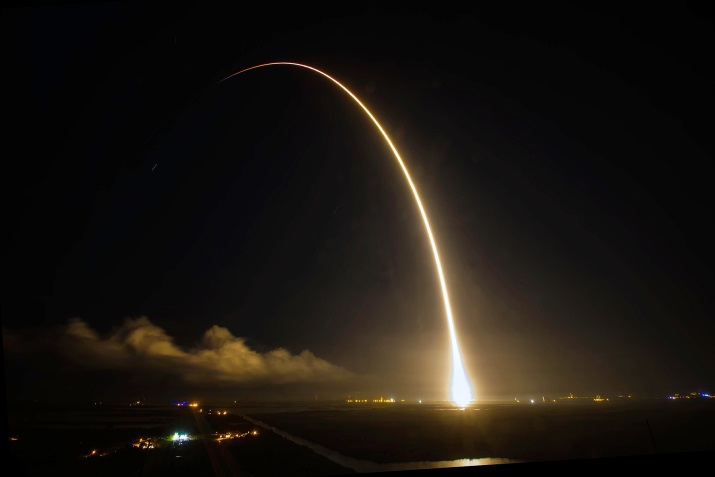LISBON – The Portuguese company ISQ is working with ESA in a project named “Clean Space”. The joint cooperation, having started in July 2014, aims to prepare more environmentally friendly Spacial missions, by developing a data base able to compare different materials and different processes to save resources on space missions.
Since the launch of the first sattelite, “Sputnik”, that space missions spend and waste a lot of resources to make rockets. And a lot of the rocket components are used only once, like the boosters or the stage compartiments. In 2014, the European Space Agency (ESA) created an initiative called Clean Space, and Portugal is involved in a pioneer research. ISQ (former “Instituto de Soldadura e Qualidade”), a Portuguese company, joined this project in July 2014, aiming to create a database to make the space industry cleaner.
 A lot of work precedes every space launch, from the scientific work in the development of the project to its construction, which requires specific raw materials that need to be tested out before being selected. Such experiments of selection may be harmful both to the planet’s environment and the employees’ health, and that’s exactly what ESA wants to prevent or, at least, to minimize.
A lot of work precedes every space launch, from the scientific work in the development of the project to its construction, which requires specific raw materials that need to be tested out before being selected. Such experiments of selection may be harmful both to the planet’s environment and the employees’ health, and that’s exactly what ESA wants to prevent or, at least, to minimize.
The Clean Space project aims to promote the design and development of greener technologies as well as reducing the rubbish in space.
The concerns include de emission of Co2 and greenhouse gases, the risk related to the reduction in the ozone layer, the extinction of resources, the toxicity of materials for people and for the environment, and the use of water and soil. All of this leads to an impact on the climate changes and global warming, and that’s what ESA wants to change.
Since 2011 ESA has been creating a so far called ”eco-design tool”, but for making it happen and fulfil its objectives in 2017, ESA must already have a database that ISQ is creating.
The Portuguese company ISQ was hired to develop a database that allows the comparison between eventual uses of raw materials and procedures, so that the method chosen makes the missions more environmentally friendly and with lower risks. With this project, ISQ received €600 000.
The final objective is to make ESA an engine of change in the aerospace industry and in industries all over the world. And Portuguese entrepreneurs are, indirectly, part of the team too.
We don´t usually associate Portugal with Space Projects, but the truth is, it is one of our companies that has come up with a revolutionary idea!



You must be logged in to post a comment.